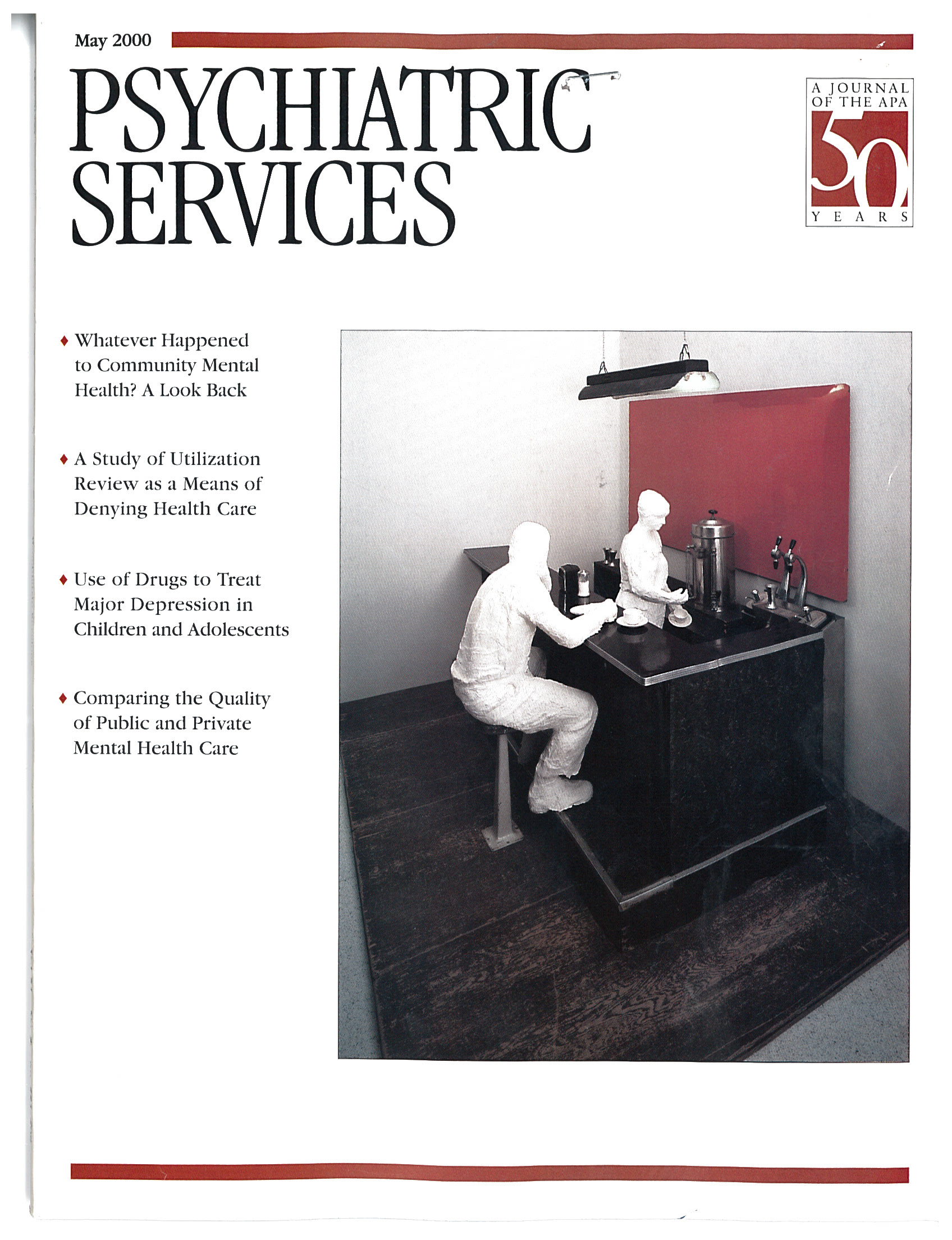The author, John Watkins, is a counselor and educator from Melbourne, Australia, who has a long-standing interest in schizophrenia. He has also written
Living With Schizophrenia (
1). His main professional interest is in exploring and promoting holistic approaches to the development and maintenance of mental health.
In this book, the author aims at improving the understanding of the experience of hearing voices and at developing a more helpful attitude toward those who hear them. He has succeeded well in meeting this goal.
The book gives detailed descriptions of the variety of ways in which "normal" people have voice-hearing experiences. Research studies are reviewed. The author explores spiritual experiences of various religious leaders in an attempt to prove that "hearing voices" is not uncommon and that it is not an unequivocal symptom of severe mental illness.
The author has done an excellent job of analyzing the experience of hearing voices by people with schizophrenia. He emphasizes that "hallucinations exist on a continuum with normality and any and every gradation of experience is possible." Watkins suggests a variety of psychological, social, spiritual, and biological factors that are responsible for auditory hallucinations.
The real value of this book lies in the author's description of various practical strategies for coping with disturbing voices. Here patients as well as mental health professionals will be richly rewarded. The various techniques for preventing voices from occurring and identifying their triggers are very helpful. Simple techniques for stopping or reducing the frequency and intensity of voices are also well described.
The chapter called "Living With Voices" is excellent reading for those who continue to hear voices despite all treatment and for those involved in their care. It gives marvelous advice for facing the fear of, and learning to live creatively with, these voices.
The book makes for interesting and easy reading partly because of the many direct quotes from patients. However, the author has placed substantial emphasis on spirituality, and here he repeats himself a great deal. His bias against biological psychiatry is also very obvious, and he underrates the usefulness of neuroleptics in the treatment of severe mental illness. These perspectives detract from an otherwise broad-based approach.
Nevertheless, Hearing Voices: A Common Human Experience is worth reading. It should be recommended reading for people who hear voices and for mental health professionals who are involved in taking care of them.

